This MRI-funded synthesis workshop, held in April, shed light on the flowpaths of glacier meltwater, revealing potential impacts on downstream water supplies, a critical knowledge gap on the water science agenda.
22 participants representing 13 countries gathered on 23 April 2023 in Vienna, Austria, preceding the European Geosciences Union General Assembly, to participate in a workshop centred around cryosphere-groundwater interactions. The workshop aimed to tackle the knowledge gaps surrounding the flowpaths of glacier and snow meltwater and its implications for mountain water resources and downstream regions. Scientists engaged in comprehensive discussions, shared insights, and began efforts to formulate a perspective paper to address the pressing challenges posed by climate change and declining meltwater sources. The outcomes of this collaborative effort will fuel future research and underscore the importance of understanding groundwater dynamics in mountain hydrology and water supply management.
Why Glacier Meltwater Flowpaths?
There is growing concern about the repercussions of retreating glaciers on mountain water resources and downstream regions. However, researchers have found that the understanding of the specific flowpaths that glacier meltwater follows remains limited. The significance of this knowledge gap becomes apparent when considering the potential role of subsurface storage in influencing the downstream effects of declining meltwater. Consequently, this MRI Synthesis Workshop was organized with the primary purpose of gathering insights from diverse scientists and establishing future research directions. The overarching goal of the workshop was to elevate the importance of this research topic and drive it to the forefront of the water science agenda.
Where Does the Water Go? Delving into Glacier Meltwater Flow and Groundwater Interactions in Mountains
The workshop included overview presentations on groundwater measurement and modelling in mountain regions and on risks, adaptation and groundwater-community interaction, followed by focused sub-group discussions. Participants explored the flow paths of water in different glacierized landscapes, examined meltwater recharge into the groundwater system, and discussed the emergence of melt-sourced groundwater from the sub-surface, considering human interactions as well. A plenary session addressed various topics, including measurement techniques, modelling approaches, community involvement, and meltwater recharge and exfiltration. These activities fostered diverse perspectives and robust discussions, advancing our understanding of glacier meltwater flow and groundwater interactions.
“I really enjoyed the Cryosphere-groundwater interactions workshop – especially as the mix of participants from across the spectrum of groundwater-glacier-snow specialists gave a diverse set of perspectives on the same problem and highlighted where there are gaps in our understanding and modelling. I learnt a lot too (for me on the groundwater side) and found the mix of presentations and active participation a really nice way for the group to share ideas and knowledge. The discussion at the end was also excellent as it gave us a rare chance to think broadly about the key challenges in bridging the groundwater-cryosphere divide.” –
Catriona Fyffe, Postdoctoral Researcher, Institute of Science and Technology, Austria

Through engaging in diverse group combinations, participants forged connections with fellow researchers, fostering an environment of collaboration. Overall, the discussions illuminated the numerous uncertainties within this field and emphasized the intricate nature of cryo-hydrological systems. Advancing the science in this domain necessitates a focused effort to identify precise research gaps amidst the limited existing knowledge while charting a path forward that embraces both a holistic system understanding and spatial heterogeneity considerations.




Pictured above: Output from the activity “Where does the water go”. Each group received a different glacierized landscape (different location and scale) and discussed how water could flow on the surface and through the sub-surface.
“The organizers managed to assemble an incredible group of scientists from a wide range of different fields, which made for an extremely enriching experience. Through an interactive approach, the outcome of the meeting became a platform for further collaboration. Overall, I would say for me as an early career scientist it was a great opportunity for building up capacity”
Zarina Saidaliyeva, PhD student, University of Reading
Catalyst For Further Mountain Hydrology Research
The workshop discussions confirmed the significant knowledge gap in understanding meltwater-groundwater interactions, emphasizing the pressing need for improved comprehension to address the consequences of climate change and declining meltwater sources on mountain water resources and downstream supply. As a result, the participants collectively agreed to consolidate their insights and knowledge into a perspective paper. Following the workshop, an outline was created and refined through feedback from all contributors, leading to its submission to Nature Water, which has extended an invitation to submit the full paper. This collaborative effort, along with ongoing collaborations, aims to address research gaps and advance mountain hydrology through the integration of glacio-hydrological models and a comprehensive examination of groundwater-surface water interactions. The resulting perspective paper will serve as a catalyst for further research, emphasizing the importance of groundwater in understanding changing mountain water supplies and setting the stage for future scientific advancements in the field.
“Travelling a day earlier to Vienna and discussing meltwater water pathways through the subsurface in mountains was a very good time investment. We discussed photoshoppedlandscapes potential water storage compartments, the routing of water, brainstormed for measuring technics and what could be the dominant water source in highly glaciated catchments. These interactive exchanges not only brought up new research questions and opened our eyes to different mountain ranges but also acquainted peers from different disciplines. This was a well-organized meeting full of new experiences and connections.” – Christoff Andermann, Professor, CPJ Géosciences Rennes, France
View the workshop details here. Please contact the organisers for more information about the workshop and related activities.
- Marit van Tiel (ETH Zurich & WSL, Switzerland): vantiel(at)vaw.baug.ethz.ch
- Caroline Aubry-Wake (University of Utrecht, the Netherlands): c.aubry-wake(at)uu.nl
- Lauren Somers (Dalhousie University, Canada): Lauren.Somers(at)dal.ca
- Franziska Koch (BOKU University Vienna, Austria): franziska.koch(at)boku.ac.at
This event was funded by the MRI as part of its Call For Synthesis Workshops 2022.
Cover image of the workshop participants provided by the workshop organisers.


